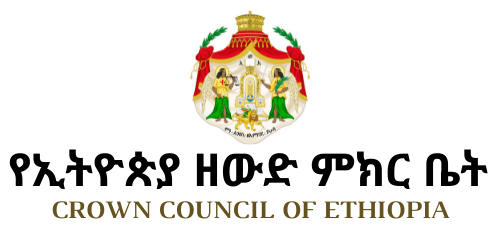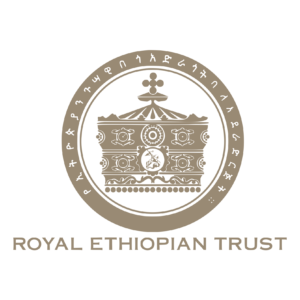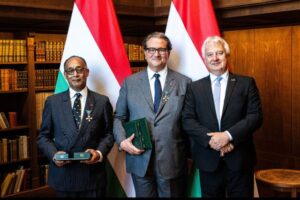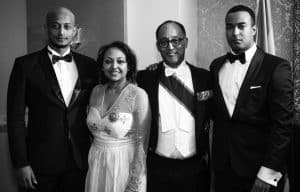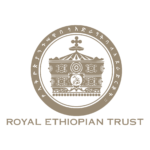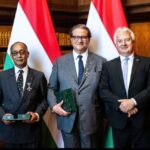By CHRIS ECHEGARAY. Published: Nov 28, 2004. Tampa Bay Online
TAMPA – Preserving culture and tradition through generations is the mark of a strong people, Prince Ermias Sahle Selassie, grandson of Ethiopia’s last emperor, told the Tampa Bay area’s growing Ethiopian community at its annual Christian celebration.
It was St. Mary’s Day on Saturday at the Ethiopian Orthodox Tewahdo Church, which meets at St. Mary’s Episcopal Church in south Tampa. The congregation is planning to build a new church in Brandon, where they’ve purchased land after using St. Mary’s for several years.
With Selassie’s first visit to Tampa, church organizers hope to ignite a successful fundraising campaign. The area’s Ethiopian population and the church’s membership have grown exponentially in the past decade, according to Brook Negusei, a founding member of the 17-year-old congregation.
Negusei, who owns a Tampa taxi and shuttle service company, estimates there are nearly 1,000 Ethiopian families in Tampa and Orlando. According to a 2000 census sample, there were 199 Ethiopians living in Hillsborough County. Like many immigrants, Ethiopians are undercounted, so the U.S. Census Bureau uses formulas to estimate small populations.
“They move here because they know people here and they like the climate,” Negusei said. “We are mostly in the service business. We also have doctors, businessmen. It’s very diverse now.” Most come from Addis Ababa, Ethiopia’s capital, and Gonder, a northern province. The Ethiopian exodus started after the overthrow of Emperor Haile Selassie in 1974. A communist regime took over. Shortly after, Ethiopians, under refugee status, began arriving steadily.
For years, Ethiopia has suffered food shortages stemming from droughts and political unrest. The country seeks food assistance for about 4 million people annually.
Prince Selassie, who lives in Washington, praised local leadership for passing on religion and culture to a new generation. “It’s a great privilege to be here,” he said. “I am hoping this church will grow and expand.” More than 120 people attended the celebration, which attracted high priests from Illinois and Texas. The priests gave the service in Ge’ez, an ancient language, and in Amharic, Ethiopia’s official language.
Women, wearing kutas – white shawls – covering their bodies, sat on the right side of the church and the men sat on the left side, most wearing white. Organizers said it’s customary for all to wear the same clothing.
“By wearing the same thing, you don’t know who is rich or who is poor,” Negusei said. The Rev. Berhanu Bekele, the leader of this congregation for many years, presided over the ceremonies with Fassil Gabremariam, chairman of the church’s board. Rahel Bekele, 17, the pastor’s daughter, said it has been a joy to watch the membership grow. “I was born and raised here,” she said. “And I’ve seen this start from a handful to 400 people.”
